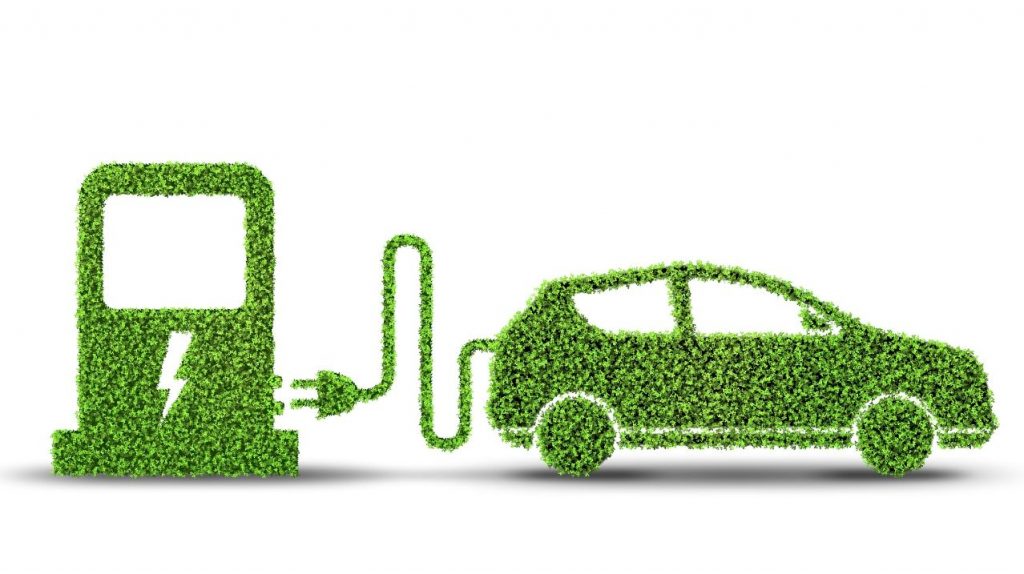Frequently Asked Questions
There are many benefits of electric vehicles (EVs) over conventional petrol or diesel cars.
 Green EV car
Green EV car
There are two main types of chargers for electric vehicles, AC (alternating current), and DC (direct current) chargers. The main difference between the two is whether the conversion of AC power from the grid to DC power needed for charging an EV's battery happens inside or outside the vehicle.
An EV Charging station is an electrical device which provides safe and efficient transmission of electricity from the local grid on a dedicated circuit to the electric vehicle. The electricity which travels through the EV Charger and charging cable improves safety through two way communication between the EV charging station and the EV, which waits to send power to the vehicle until it’s plugged in.
Lorem Ipsum is simply dummy text of the printing and typesetting industry. Lorem Ipsum has been the industry's standard dummy text ever since the 1500s, when an unknown printer took a galley of type and scrambled it to make a type specimen book. It has survived not only five centuries,
Lorem Ipsum is simply dummy text of the printing and typesetting industry. Lorem Ipsum has been the industry's standard dummy text ever since the 1500s, when an unknown printer took a galley of type and scrambled it to make a type specimen book. It has survived not only five centuries,
How much does it cost to install an EV charger? It will be determinated by which EV charger you choose and the installation process. For more information, please contact Ucharging customer service support.
The charging time for an electric vehicle comes down to two primary factors: charger capacity and power source. Use our Electric Vehicle Charging Time Calculator to calculate how long it takes to charge your electric vehicle.